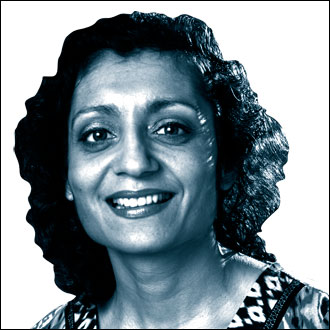What is my role?

After spending a relaxing week lying on the beach in Portugal, it is quite deflating to return to some of the Pulse headlines this week.
There are practices going under following the withdrawal of MPIG, 12/7 opening hours and finally the impassioned article by Peter Holden telling us to be aware of the Ides of March 2015.
My post-holiday reflective mode led me to wonder about the journey that primary care is about to embark on. Is this brave new world what we all visualised our working lives would be like when we were in the embryonic stages of general practice? I can’t help thinking it is far removed from our ideals.
Many of us look at our more senior colleagues with both admiration and bewilderment when we hear stories about GPs delivering babies, taking routine bloods, applying dressings and managing the practice single handed. We are grateful for the multi-disciplinary team which brings us practice managers, practice nurses and practice-based pharmacists.
But when does this evolution become a threat to my role; the very heart of general practice? How much can we continue on this reductionist path without destroying the essence of what being a GP is about?
I view myself as a specialist in generalism. My party trick is the fact that I can listen to a patient’s complaint and simultaneously consider four or five of their bodily systems at the same time, as well as ensuring my surgery does not overrun. I trained in many different specialities to perform this role and that training gave me the confidence to take educated risks.
There has to be a limit to the volume of work that can be delegated to other health care professionals – both in terms of safety and holistic care. Yet we are being forced down this path due to workforce and funding issues.
I feel there is only one way this is going and that is a two-tiered system. In the brave new world, an NHS patient will see a community psychiatric nurse for their depression, a physiotherapist for their back pain, a nurse practitioner for their tonsillitis and a pharmacist for a medication review of their hypertensive medication. Those with the means would happily pay to see a retired GP, who may not be up to date with all the latest protocols, but would definitely offer a holistic approach to all their problems.
The not-so-hidden agenda is that politicians of all colour are aware that the NHS, as it stands, is unsustainable and as long as a safety net is present, they care little about its quality. And as long as we continue to collude with the whitewash, the public will be happily oblivious to their fate.
Dr Shaba Nabi is a GP trainer in Bristol.
Pulse July survey
Take our July 2025 survey to potentially win £1.000 worth of tokens











